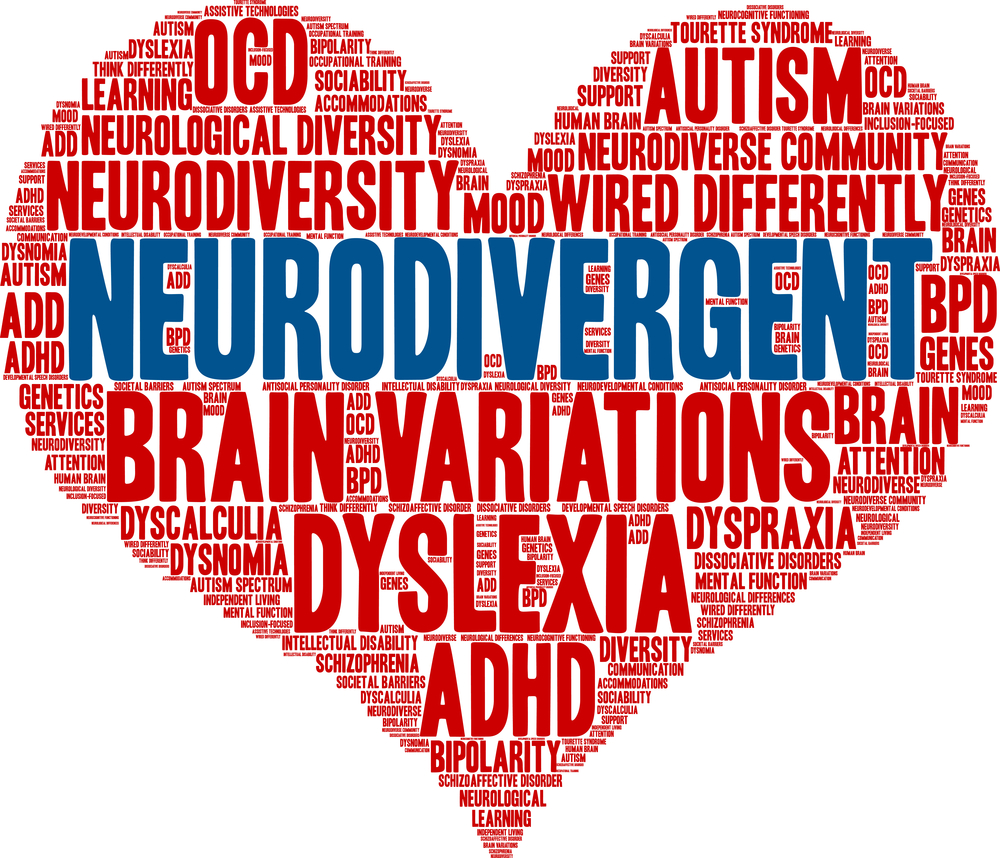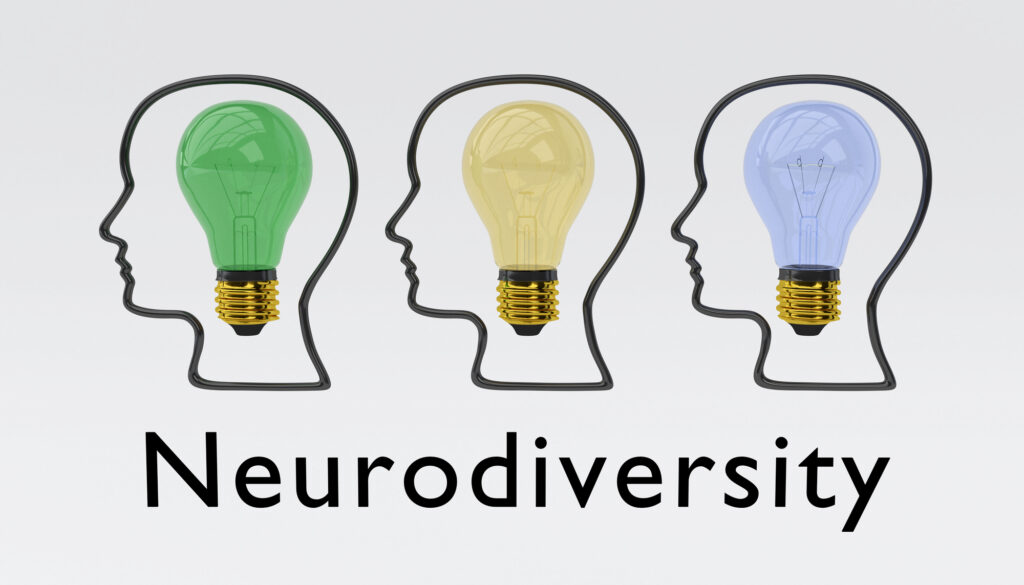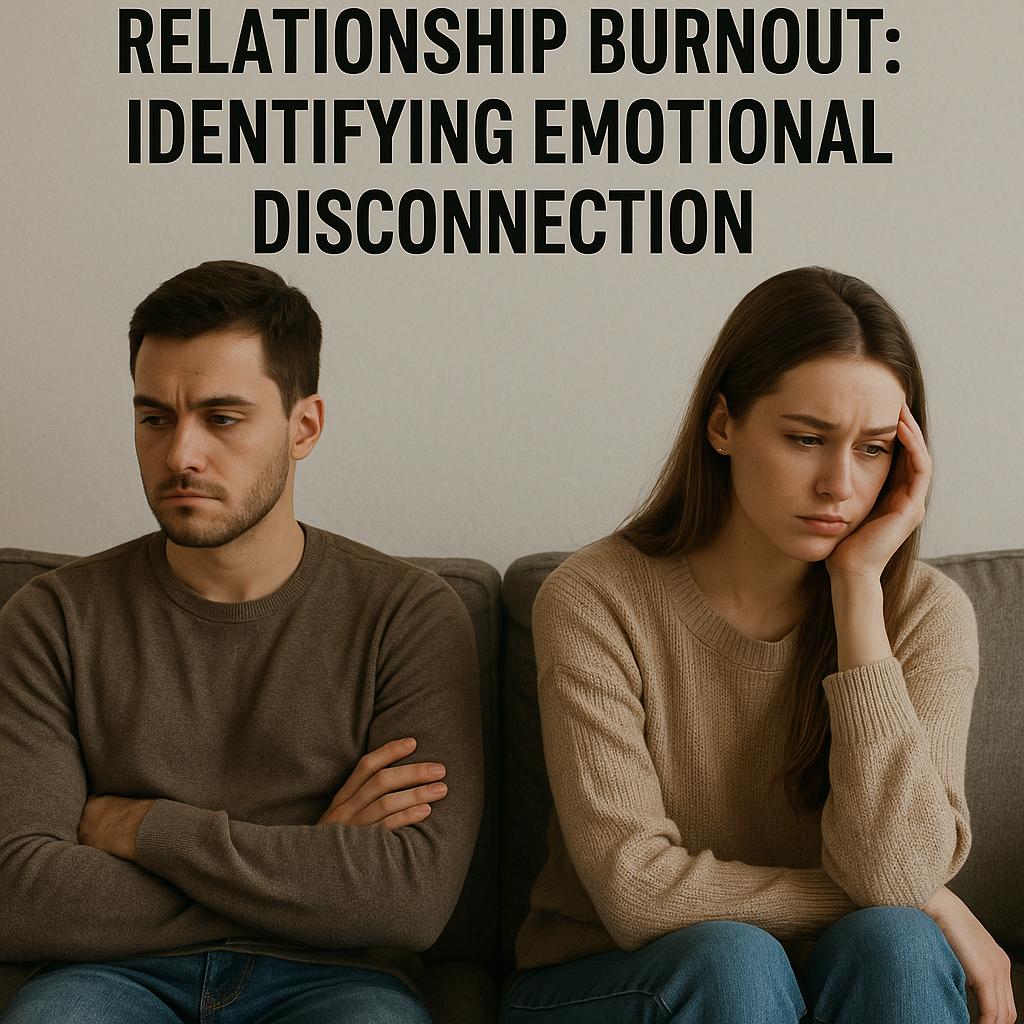In the first four articles of 9-part series, you met David and Amber, who admitted they had no patience, no plan, and no clue for ending “the insanity” in their home or parent, 15-year-old Johnny, who struggles with ADHD and chronic challenging behavior.
So, please join us and discover how I used Collaborative Problem Solving® or CPS to help this brave couple resolve the underlying problems that caused his challenging behavior— a vast departure from their previous approach!
The Corrosive Power Of Conventional
David and Amber’s initial explanation for why Johnny is so challenging was summarized in our last article with a simple statement: Kids do well if they want to.
Without recognizing their assumptions, David and Amber believed that Johnny is challenging because he chooses to engage in oppositional defiance.
They accidentally and unintentionally believed that Johnny’s unwilling to comply with the expectations placed on him at home and school. Initially, they were convinced that Johnny used challenging behavior to get what he wants (attention) or avoid what he doesn’t want (escape).
Thankfully, David and Amber were starting to realize the influence of conventional wisdom—that labeling Johnny as…
- Being “skilled” at testing the limits…
- Being persistent at pushing buttons, and…
- Pressuring adults to get what he wants…
…ultimately overlooks the underlying causes of his challenging behavior (e.g., those predictable behavioral signals that say, “Help, I’m struggling!”).
A Different Lens To Understand Challenging Behavior

The Departure From Conventional Wisdom
Thankfully, Collaborative Problem Solving® (CPS) explains why Johnny is so challenging from an entirely different perspective. That philosophy can be summarized with a simple statement: Kids do well if they can From this view, if Johnny could do well, he would do well. Since he’s not doing well, it’s our job to figure out what’s getting in the way so we can help him thrive. Collaborative Problem Solving® (CPS) asserts that challenging behavior is a predictable form of communication, signaling that Johnny is struggling to meet the demands of a particular situation. CPS maintains that kiddos who struggle with challenging behavior don’t lack the willpower or commitment to behave well. What they lack are the ability and cognitive skills to behave well—skills like flexibility, frustration tolerance, and understanding how their behavior impacts others. Although most kiddos are fortunate to have those skills, Johnny is not so fortunate. As with all the parents I’ve met, I want to emphasize that this lens is a dramatic departure from the behavioral view suggesting challenging kiddos as attention-seeking, manipulative, coercive, oppositional, or poorly motivated.Dave and Amber Get Curious About Their Son’s Behavior
As I addressed their curiosity about this radically different way to understand why Johnny is so challenging, my compassion kicked in, and the conversation got pointed: “If you want to answer the why question and help your beloved son, it’s critical to fully understand “what’s getting in his way.” Here’s the gist of how I explained it to David and Amber. Let’s dive deeper. To meet the expectations of a demanding world, Johnny must have a well-developed set of cognitive thinking skills to rely on so he can:- Properly interpret and understand your expectations.
- Respond to those expectations flexibly: switching from one activity to the next.
- Tolerate frustration when things don’t go his way: adjust to changes in the routine.
- Express his needs to meet your expectations: Say what’s bothering him.
- Express any difficulties with meeting your expectations: Ask for help.
- Predict the consequences of his actions: Get attention in pro-social ways.
Evidence-based Findings Change Everything

In a similar way, when children with learning/reading disabilities perform below their true potential in school, the neurosciences tell us they’re not lazy, dumb, or unwilling—something we believed 40 years ago.
With science as our guide, we know that kiddos with learning disabilities can’t respond adaptively to the demands placed on them—and for a good reason.
They don’t lack the willpower or commitment to read well. What they lack is the ability and specific cognitive skills to read well.
Likewise, challenging kiddos like Johnny are not successful in meeting the demands placed on them because they have one or more skill deficits in critical areas of thinking skills:
- Social perception: To understand and interpret social cues.
- Cognitive flexibility: To adapt and switch between different tasks or perspectives.
- Emotional regulation: To manage and control emotions effectively.
- Language processing: To identify, understand, and express what you can and can’t handle.
- Executive functioning: To plan, organize, and manage tasks and forecast consequences.
It’s Skill, Not Will
Contrary to what most adults believe—especially board-certified analysts who rely on a helpful but limited approach—a large body of research tells us challenging kiddos are not choosing to misbehave or act this way.
They don’t approach a situation and ask themselves, “How can I control my world and the adults in it?” They don’t think to themselves, “How can I outwit, outlast, and outplay the adults in my life?” Or “How can I avoid responsibility right now?” Or, my favorite: “How can I manipulate this situation and be a hard-headed, strong-willed, and selfish brat to get what I truly want?”
In contrast, Collaborative Problem Solving® suggests that…
Choices are made using the skills people have available to them at a given moment.
Contrary to conventional wisdom, challenging behaviors do not signal “poor choices.” They tell us a different story—one we must listen to and understand more fully.
Challenging behaviors signal, “I’m struggling to meet expectations at this moment.”
So, I guided David and Amber with a paradigm-shifting question: “What if Johnny’s chronic challenging behavior is his unique and desperate attempt at ‘please understand me?’”
Clarifying Why Johnny Is Challenging
As our conversation continued, I mentioned, “Because Johnny lacks those skills, his life and yours are going to be more difficult, at least until you shift your approach—and understanding why Johnny is challenging is the first step.”
Yes, behavioral methods are helpful in some cases.
However, problems arise when we use rewards and consequences to motivate kiddos to meet our expectations—WHEN they lack adaptive skills like impulse control, emotional regulation, and understanding how their behavior impacts others.
To demonstrate what I mean, I guided David and Amber as they answered the following question:
What happens when children are…
- Aware of the consequences of their behaviors…
- BUT…have skill struggles with flexibility, frustration tolerance, problem-solving, and…
- Struggle to manage and control their behaviors at home or school?
Amber’s answer summed it up quite well, “Well, one thing is clear. Our reward programs and consequences are adding to the problem—every time. We’re solving the wrong problem!”
I was pleased to watch how fast they answered the question—and here’s why.
The Limits Of Rewards and Consequences
Parenting Johnny with a behavioral approach is like using rewards and consequences to motivate a blind man to stop bumping into the walls in his home.
Those methods never work, regardless of your expertise, best efforts, or conventional wisdom!
Why? Something else is getting in the way—and we are using incentives to solve the wrong problem.
To drive this point further, I guided David and Amber through a reflective exercise:
Imagine trying to teach a child with a learning disability. Imagine you believe he will succeed at reading comprehension if he just tried a bit harder.
Imagine offering rewards and threats of punishment to motivate him to read better, faster, or aloud.
Think about using a token economy with stars on a chart, participation points for his class to read, and fun homework passes he can show Mom and Dad. Consider using consequences like leveling down, detention, office referrals, or losing privileges.
Now, imagine that his best efforts keep falling painfully short.
Think about what might happen if we continue to punish him for not reading better. Think about what might happen if we spent several years trying to motivate him to do something he was biologically unable to accomplish.
Now, imagine how solving the wrong problem will affect his outlook of other people, life in general, or his self-image.
Imagine? You don’t have to anymore…
A Point To Ponder
My experience has taught me that most parents focus on challenging behavior rather than the hidden forces (or lagging cognitive skills) that drive them, skills like flexibility, frustration tolerance, emotional regulation, and understanding how their behavior impacts others.
As a result, loving parents like David and Amber accidentally and unintentionally spend all their energy trying to solve the wrong problem.
This brave and loving couple is discovering a harsh truth: they’ve been trying to solve the “misbehavior” problem at the expense of the stress-induced behavior that’s actually driving it—and everyone suffers, especially children with ADHD!
Thankfully, CPS offers us hope, backed by decades of neuroscience. Real hope with a clear plan to follow!
Two Reasons Why Your Child Is So Challenging
Understanding “Why my kiddo is so challenging” requires that we loosen our grip on conventional wisdom and gain the insight to stop parenting on autopilot. Thankfully, David and Amber demonstrated those traits!
If you are like most parents, you might be tempted to hold tightly to your prized ideas about why Johnny is so challenging—and discredit the two reasons David and Amber had to grapple with.
Reason #1: Challenging kids are challenging because they lack the skills to respond in adaptive ways.
Challenging behavior reflects underlying skill deficits rather than intentional defiance or a lack of motivation.
The reason? The Johnnys of this world lack coping skills that don’t come naturally to them.
Yet, most parents take them for granted or underestimate their significance.
Reason #2: Challenging kids are challenging because they can’t access specific skills in the heat of the moment—when they need them.
Collaborative Problem Solving® or CPS maintains that kiddos with challenging behaviors are stuck and unable to respond to a situation in a pro-social or adaptive way.
These kiddos are not unwilling to meet your expectations as much as they are unable.
Rather than lacking confidence, commitment, and motivation (unwilling), they lack the knowledge, experience, and developmental skills to meet the demands of the situation (unable).
Simply put, challenging kiddos are not giving you a hard time… as much as they are having a hard time meeting those demands.
Perspective Taking
As we discussed these ideas, David and Amber used a new lens to view Johnny’s challenging behavior more clearly.
Since your kiddo is not always challenging, it’s safe to assume that the only time he/she is challenging is during specific situations where skills like flexibility, adaptability, frustration tolerance, and problem-solving are not fully accessible.
Paradigm Shift!
After discussing the ideas for understanding why Johnny is so challenging, David and Amber were excited by the clarity CPS offered.
As a result, David shook his head in amazement and said, “I’ve never thought of it that way; this makes so much sense! Now, I can see and understand my son better. He’s trying harder than most kids because doing well does not come easy. I’m happy to announce that this past week has been… well… a breath of fresh air. It wasn’t perfect, but it’s a sharp contrast from before our meetings!”
The Next Question
Thankfully, David and Amber can answer question #1 with greater awareness, increased sensitivity, and much more confidence: Why is Johnny so challenging?
It’s time to help David and Amber discover the answer to our second question: When are challenging kids so challenging?
So, there homework assignment was to think about Johnny’s challenging behavior with the same lens they might use with kiddos with a learning disability. Here’s what I mean.
Rather than focus on behaviors like reading, math, or spelling, focus on Johnny’s unique set of lagging cognitive skills. More specifically, try to recognize the specific moment (or moments) when Johnny struggles with flexibility, tolerating frustration, or solving problems.
Conclusion
Stay tuned. In my next article, you will discover the transformational power behind charting when those moments occur, so we understand the real problem.
Here’s a sneak peek: Since Johnny’s challenging behaviors are predictable, those same behaviors are preventable!
Even more, since they are preventable, Collaborative Problem Solving® can help transform life in their living room!
ADHD Counseling in Tustin, CA
If you can relate to David and Amber, you know that managing chronic, challenging behavior shouldn’t be so hard. Discover how to transform life in your living room (or classroom) with ADHD or ADD counseling in Tustin, Ca. I would love to be your guide!







